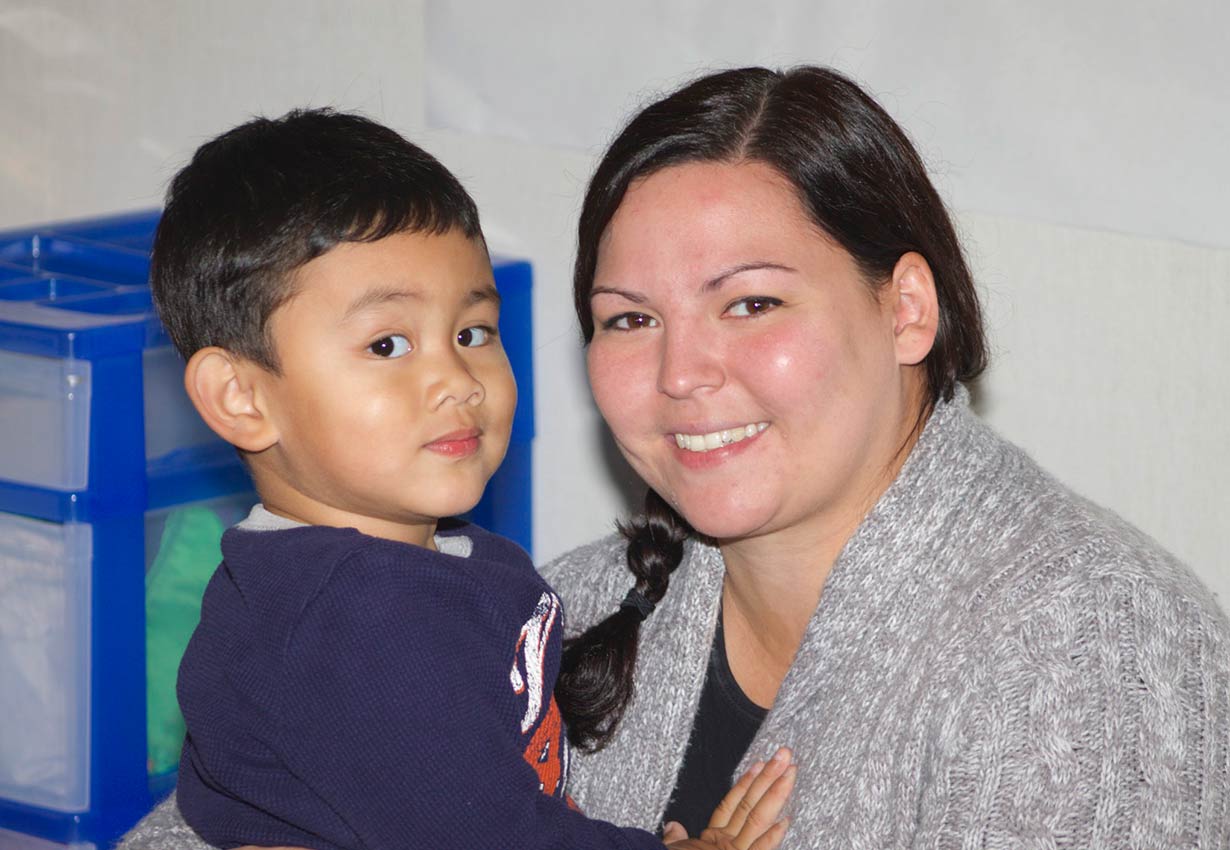ECEBC News
Media Release: Evaluation of the Early Care and Learning Recruitment and Retention Strategy in British Columbia: Benchmarking Report
Published: August 19th, 2020
View ECEBC's media release regarding the Evaluation of the Early Care and Learning Recruitment and Retention Strategy in British Columbia: Benchmarking Report.

Media Release August 19th, 2020
Evaluation of the Early Care and Learning Recruitment and Retention Strategy in British Columbia: Benchmarking Report
The Early Childhood Educators of BC (ECEBC) is pleased to share the Evaluation of the Early Care and Learning Recruitment and Retention Strategy in British Columbia, Benchmarking Report. Funding for this report was provided through the Canada-British Columbia Labour Market Development Agreement.
B.C. is making a $136M investment in an Early Care and Learning Recruitment and Retention Strategy for BC’s Early Childhood Educator sector. This is part of a larger 10-year plan to increase access to quality, affordable child care spaces in B.C. This evaluation project was set up to develop a continuous mechanism for the sector to provide feedback and information regarding the impact of diverse Strategy tactics as they are implemented.
The report summarizes data on 13 key performance indicators with respect to the government’s Strategy. Over 2,700 individuals contributed to the report, including employers and employees from all types of childcare settings and Early Childhood Educators no longer working in child care. The project also surveyed more than 2,000 members of the general public and high schoolers to understand better how they view work in early care and learning.
The research and community engagement process is governed by a Sector Steering Committee, key stakeholders who provided expertise and disseminated the engagement opportunities within their networks. Their commitment to the project is instrumental to its success.
Among the many findings, the report draws attention to the high proportion of those working in the sector who consider early care and learning their chosen profession and the high level of satisfaction attributed to relationships with families and co-workers. Four in ten centres had unfilled vacancies implying an ongoing high demand for ECE professionals. Additionally, the report finds an increasing number of staff hold post-secondary credentials. Nonetheless, wages are low relative to equivalently qualified workers in other sectors. Three-quarters of centre-based workers reported benefiting from the governments’ strategy tactics, such as wage enhancements, which now add up to $2 per hour worked (as of April 2020).
The research, analysis and report were provided by the Social Research and Demonstration Corporation (SRDC). SRDC is a non-profit research organization, created specifically to develop, field test and rigorously evaluate new programs.
The Early Childhood Educators of BC advances early childhood education and educators in the province of British Columbia. We are dedicated to building respect for early childhood education and educators and advancing the profession. “This project was a fantastic opportunity for our diverse sector and has allowed us to quantify fundamental aspects of the ECL labour market. We look forward to continuing this important work and seeing changes as they emerge over time.” Emily Gawlick, Executive Director of the Early Childhood Educators of BC (ECEBC).
The Sector Labour Market Partnerships program provides “funding to organizations within an economic sector, region, or population, to develop projects that help respond to workforce challenges.” For more information about SLMP projects, see https://www.workbc.ca/Employer-Resources/Funding-and-Programs/Sector-Labour-Market-Partnerships.aspx
-30-

Media Contact:
Emily Gawlick, Executive Director
Early Childhood Educators of BC
Tel: 778-994-8001
